© ROOT-NATION.com - Use of content is permitted with a backlink.
Today, let’s talk about basic rules that many users inexplicably ignore. It’s essential to correct this, and promptly. Here are the mistakes we make on the Internet.
The Internet has long become a part of our lives – it’s hard to imagine a modern person who doesn’t check their social media feed at least once a day or send funny stickers in a messenger.
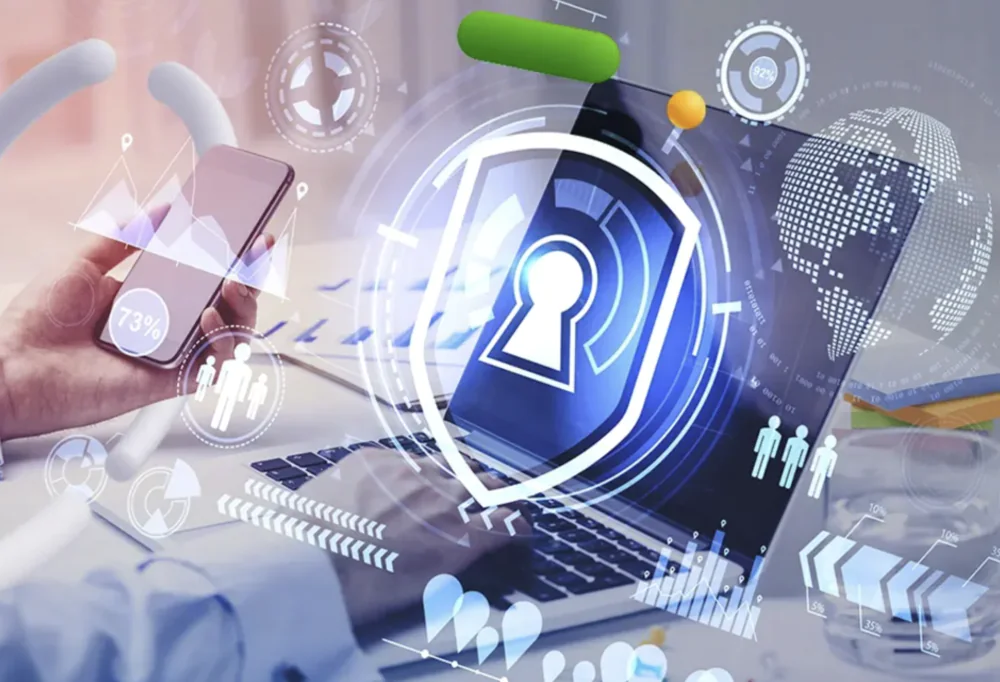
Even though we’ve been using the global network for decades now, there are still people who have no idea about basic rules, and as a result, they make mistakes every day, giving hackers access to their passwords, bank cards, or even documents. It’s time to take a short tour of the most common mistakes Internet users make in order to reduce risks and protect our readers.
Read also: What Passenger Airplanes of the Future Will Look Like
Provide access to your geolocation
Some cameras and smartphones have the ability to store information about where a photo was taken. This allows, for example, Google to mark points on the map where you took photos uploaded to the cloud. The problem is that anyone who receives the photo in its original state can access the EXIF information with geographical data.
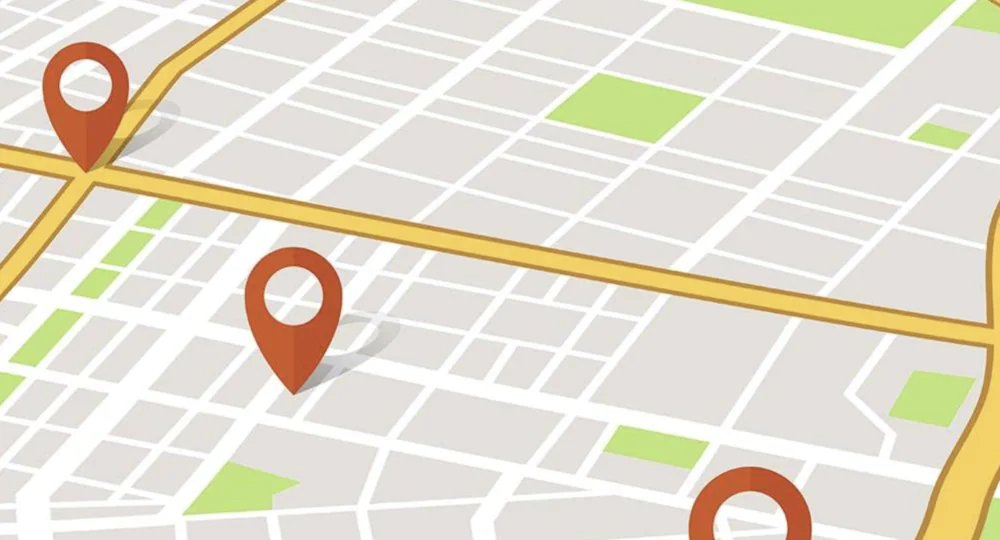
Moreover, some malicious apps also request access to your smartphone’s geolocation, transmitting your location to third parties. All of this opens up a plethora of opportunities for further actions by hackers, so it’s better to strip photos of additional information (or you can disable geolocation storage in the device settings) before sending them to anyone and refrain from granting access to geolocation to suspicious software.
Read also: All about the Rosalind Franklin rover, part of the ExoMars program
Posting photos with private information online
It is extremely dangerous to transmit or store photos and scans of your documents (passports, insurance cards, driver’s licenses, property documents, or vehicle documents) on the internet. No one can guarantee that a messenger actually encrypts all the content sent by users, or that your email with an attachment containing important data will not be hacked in a couple of months or a year.

Accordingly, it is strongly not recommended to store digital copies of any truly important documents on servers that you have no access to and no control over.
Read also: 5th and 6th Generation Fighters: What’s the Difference and Where’s the Limit?
We actively visit suspicious websites
For decades, hackers have gained access to user information through ordinary carelessness. Phishing websites with pop-ups, fake websites, and simply suspicious resources that require you to enter your login and password for well-known services – it’s best to avoid all of these like the plague and under no circumstances enter your data, logins, passwords, and the like.
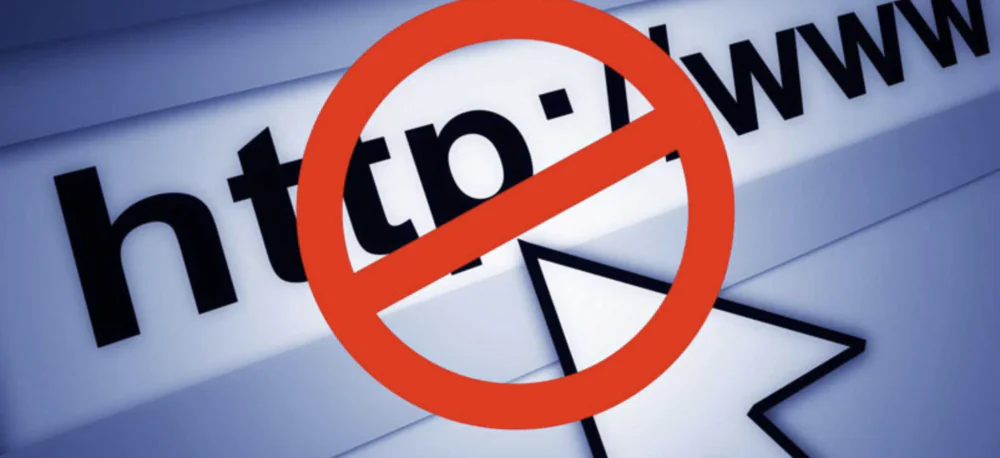
Usually, it’s enough to look at the address bar to see links like tik-tok.org or facebook.ua and understand that it’s a scam site that cannot be trusted. If you doubt the authenticity of an open site, simply close it and use a search engine – genuine projects are usually at the top of the search results.
Read alsо: How Taiwan, China and the US are fighting for technological dominance: the great chip war
Entering confidential information on incomprehensible websites
Undoubtedly, it’s regrettable to inadvertently or due to a low level of technical knowledge, give a hacker access to your social media account. However, there are even more worrisome scenarios. Unfortunately, some users freely input their passport details, driver’s license information, and the like on dubious websites. In other words, they hand over to fraudsters everything necessary to take out a loan or something worse.

It’s essential to remember once and for all that confidential information should only be entered on government websites and when purchasing tickets for major projects, nowhere else. And to make sure that a website is official, simply Google its name – genuine projects always appear first in the search results.
Read also: Top 5 Most Modern Nuclear Submarines
Using public Wi-Fi networks
There’s nothing wrong with going to a café, grabbing coffee, and connecting to the local wireless internet network to scroll through social media or check messages. The problem lies in the high likelihood of “catching” a malicious script through such a network, which in the future will launch web pages with ads, banners, and more on the infected device.

І власник мережі Wi-Fi може навіть не знати, що його роутер розсилає всім відвідувачам шкідливі вкладки, адже його просто могли зламати. Крім того, дуже важливо при використанні такої публічної мережі користуватися VPN-сервісом, щоб власник Wi-Fi не зміг відстежити ваш трафік.
Read also: Transistors of the Future: New Era of Chips Awaits Us
We store bank card information on websites
Major online projects try to simplify their customers’ lives by offering to remember, for example, their credit card details so they don’t have to enter this information every time they make a purchase.
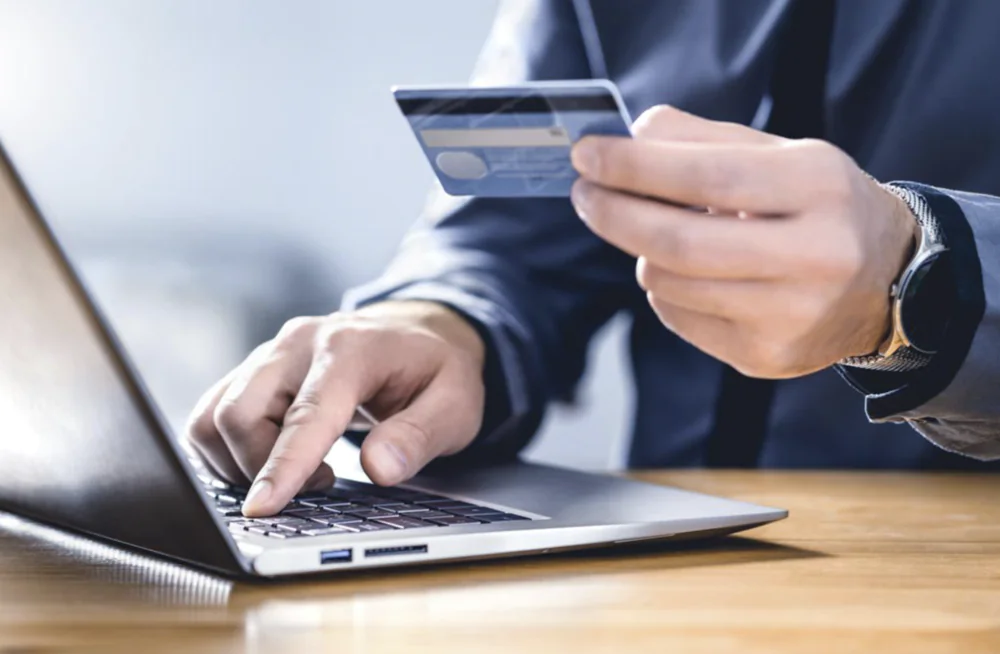
This is very dangerous because even if no one can “steal” this data from the project’s server, in case of losing the computer or smartphone used for online shopping with a saved credit card on the website, a hacker can easily make purchases using it for themselves. While some banks require entering an SMS code when paying for goods, not all of them do, and not always.
Read also: What is AMD XDNA? Architecture that launches AI on Ryzen processors
Use the same password everywhere
Internet users often think that if they come up with a complex password with a large number of characters, upper and lower case letters, as well as numbers and even special characters, then it is absolutely secure and can be used on all websites on the network. The problem is that not all websites encrypt the passwords they receive during registration.
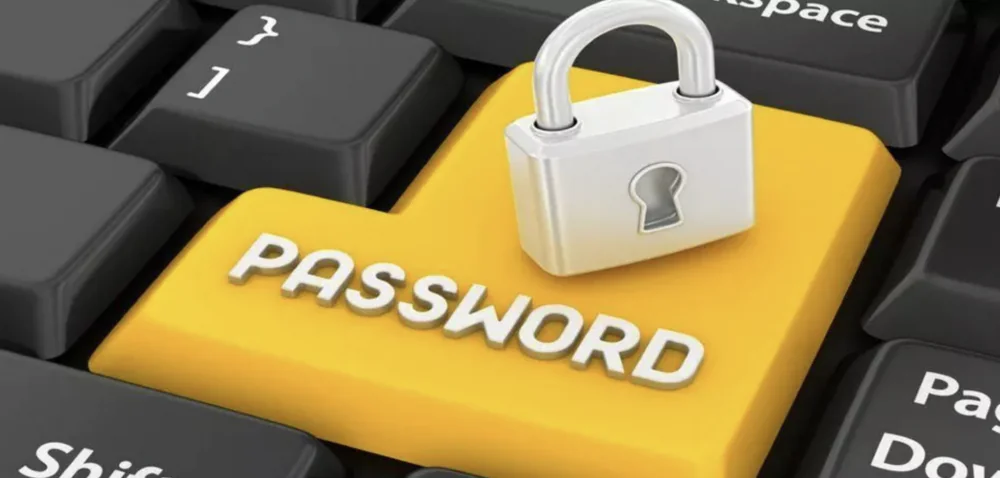
So, there is a high probability that this most complex password tied to the login will sooner or later end up in leaked databases that are actively sold, for example, on the darknet. And then it turns out that the leaked combination provides the hacker with access to hundreds of websites for various purposes. Additionally, there are services that allow checking logins and passwords that have leaked online.
Store passwords in the browser memory
All modern browsers have built-in memory that allows storing various information about the user. And if a developer, in attempts to make the interface more convenient, “attaches” the localStorage property to the login form in the personal account, your login and password will be stored in the browser’s memory in a fairly unprotected format.
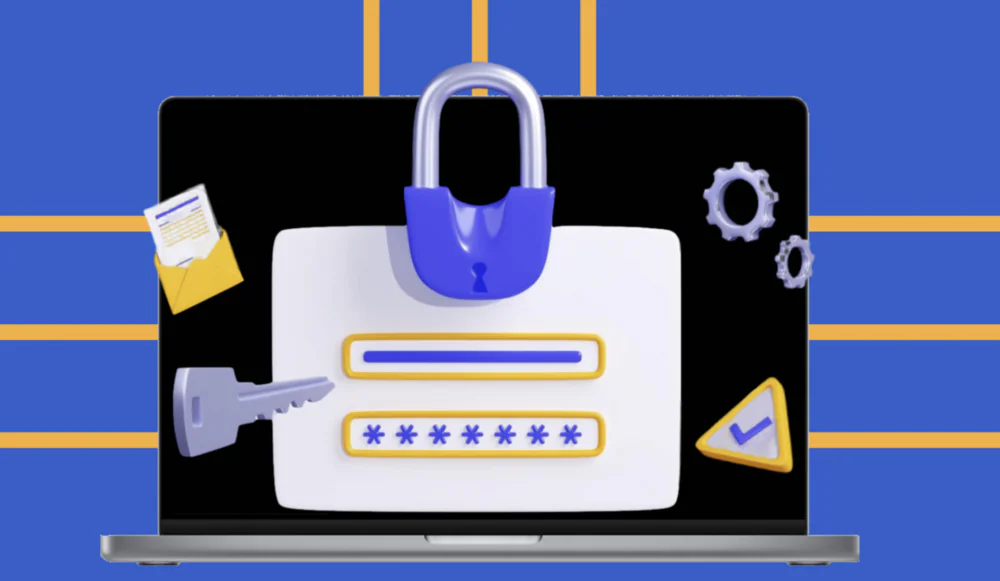
This is especially dangerous if the information is entered in a public place – in an internet café or a public area. Even if the user logs out of their account and shuts down the computer, the information about their login and passwords will remain in the browser and can be exploited.
Read alsо: What is Frutiger Aero and why do modern teenagers feel nostalgic about Windows Vista
Open email attachments from unknown senders
Few people know, but email clients allow not only sending text, photos, or attached documents but also entire scripts. For example, they can be hidden in banners, buttons, or in the same links, clicking on which will launch the corresponding software on the user’s computer or smartphone.
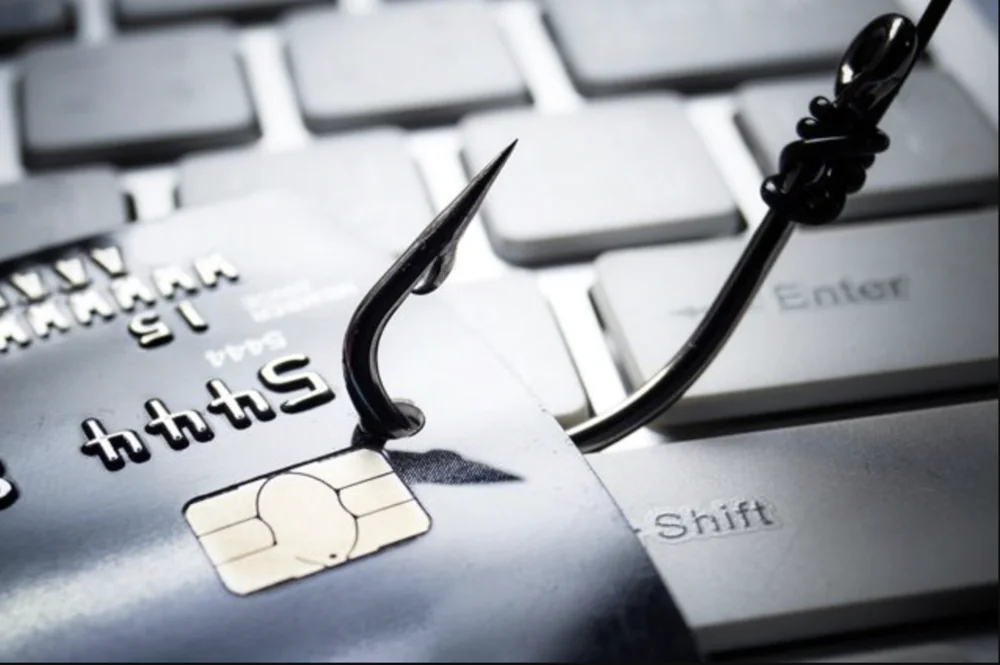
The problem is that in most cases, built-in system protection or antivirus software may not even recognize that it’s a malicious script. So the hacker’s program seamlessly integrates into the device’s operating system and sends various information directly to the hacker’s server.
Read alsо: Alpha Centauri: Everything Known to Astronomers
Installing software from pirated resources
Any programs and video games downloaded from third-party sources unrelated to the official publisher may potentially pose a threat. In the best-case scenario, a user who prefers pirated content online may “catch” a virus or a miner, losing part of their computer or smartphone’s productivity to the hacker who released this pirated software into the wild.
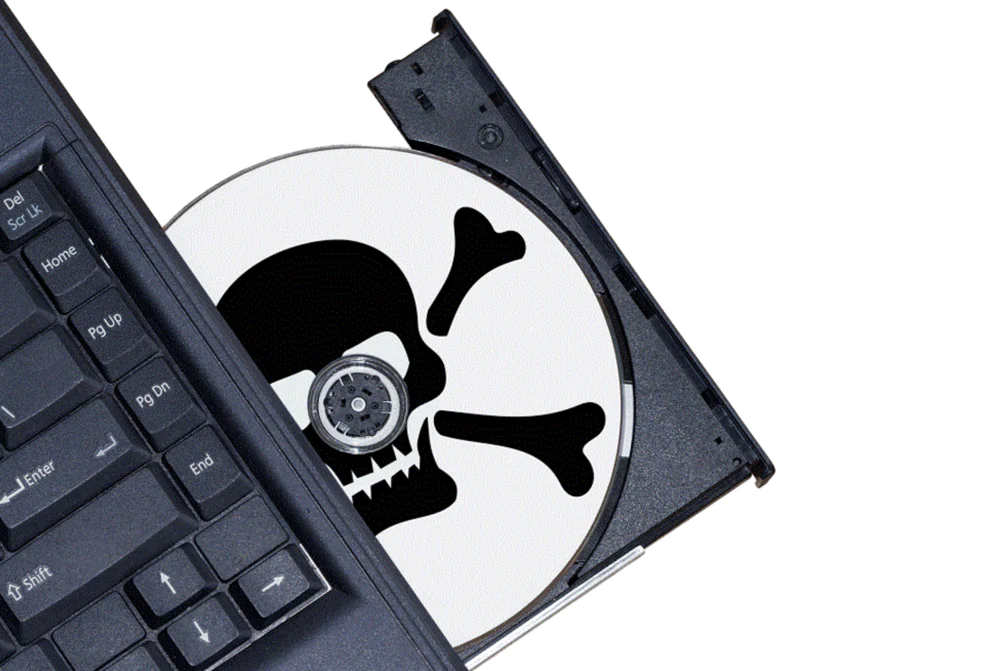
But there is also a chance that the program, requesting administrator rights during installation, will infiltrate the system and read logins and passwords entered by the user, sending them to the attackers for further use. In fact, your device already belongs to the attackers, but you don’t even know about it.
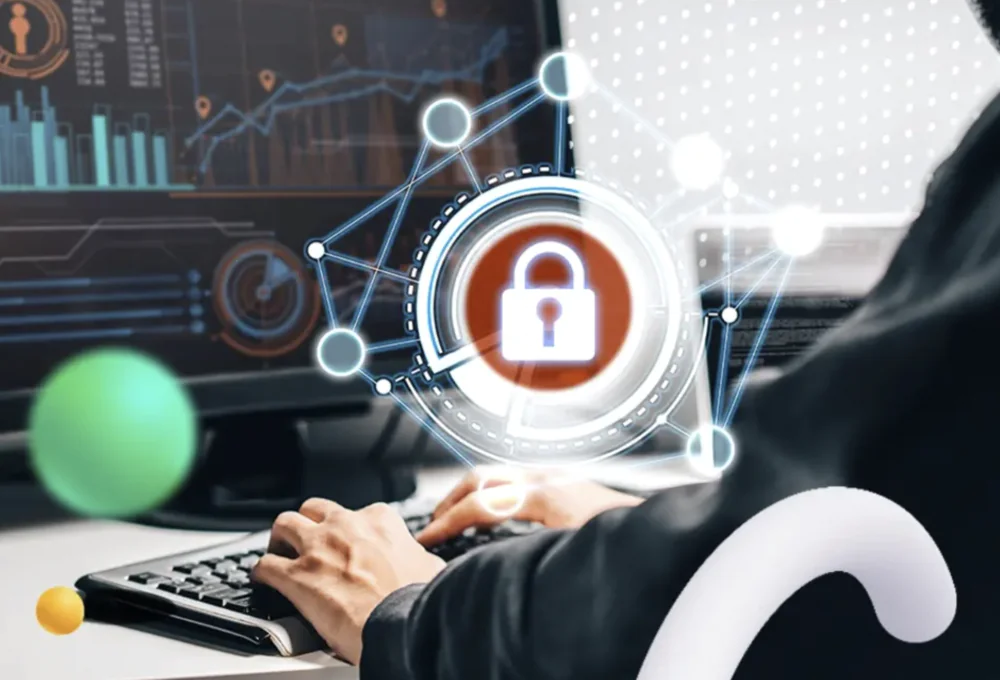
Remember that the greatest danger and threat to your computer or smartphone is yourself. The device’s performance and the personal data that fall into the hands of hackers depend solely on your actions. They are just waiting for an opportunity to exploit something. Be extremely careful! Your security depends solely on you!
Read also:
- Mobile Payment Apps: How Secure Is Your Money?
- Neuralink Telepathy chip: what it is and how it works

